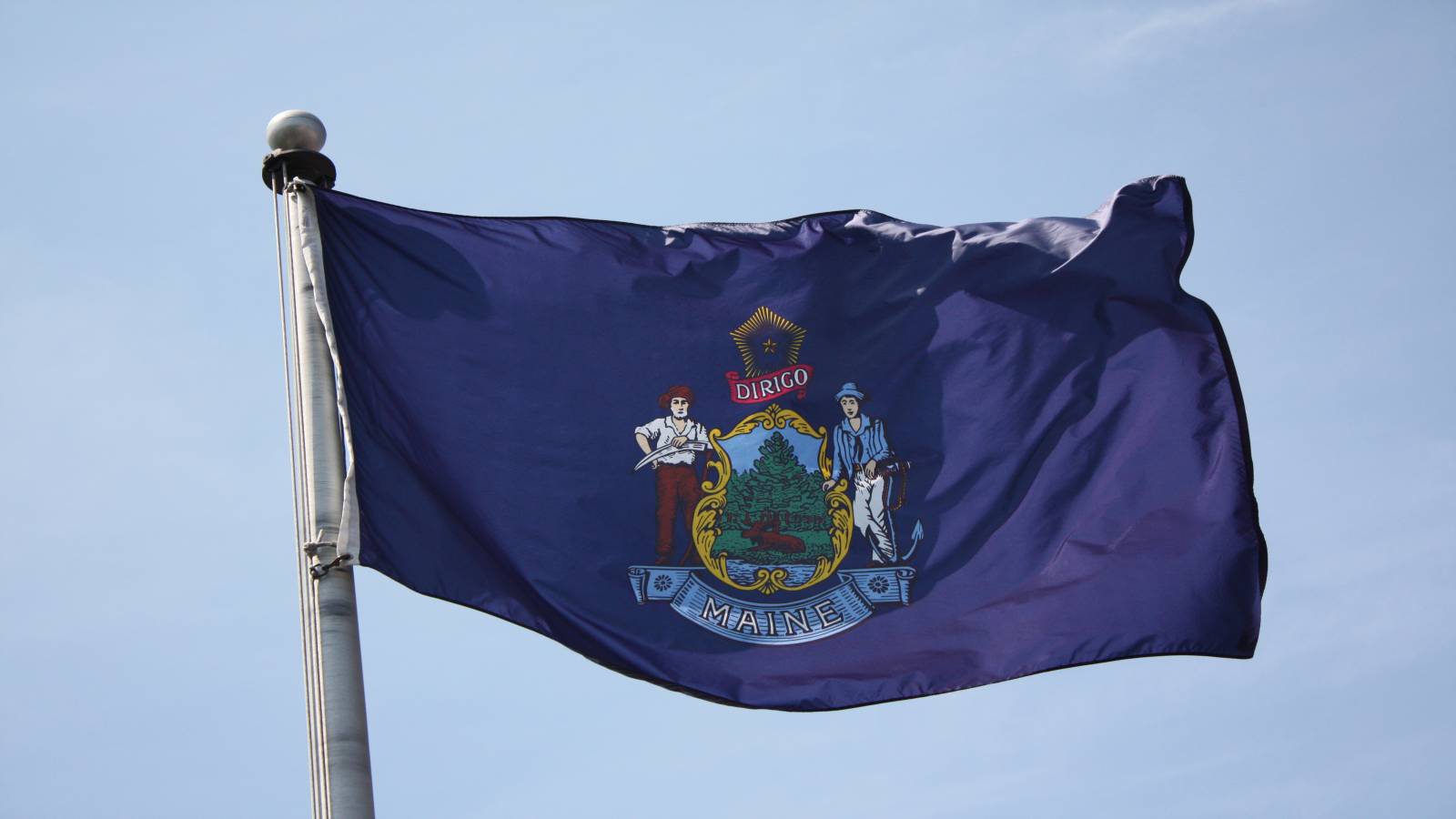As the momentum for casino legalization builds in Texas, the North Texas Commission (NTC) is taking proactive steps. The Dallas Business Journal reports that it has formed a committee of business and community leaders to scrutinize the implications of destination resorts and casino gambling.
This move comes ahead of the 2025 legislative session, where advocates hope to see significant progress toward legalizing casino operations in the state. The path thus far has only led to repeated dead-ends.
The NTC’s newly established exploratory committee will delve into various aspects of destination gaming, including economic development, workforce demands, infrastructure, and transportation and public safety. NTC Chief Operating Officer Patrick Brophey emphasized the comprehensive nature of the committee’s scope, inviting a diverse range of stakeholders to participate, from elected officials and tourism leaders to community leaders and representatives of social services.
“This is open to North Texas Commission members who we traditionally cater to, but well beyond that as well to get the full scope of our community, including social services, public safety, nonprofits, arts and entertainment, mental health professionals, and business and industry leaders. We want parity across the region.”
— NTC Chief Operating Officer Patrick Brophey
Despite Lt. Gov. Dan Patrick’s stated distaste for casinos, public support is increasing. Patrick has repeatedly blocked any attempt to seriously discuss casinos at a legislative level, even though a recent survey suggested over 56% of state residents support the idea. Another survey showed support may be as high as 75%.
Las Vegas Sands continues Texas push
The committee’s formation follows a roundtable discussion hosted by the NTC and the Texas Association of Business on July 24 in Hurst, where an executive from Las Vegas Sands presented the potential benefits of destination gaming to Texas, particularly the Dallas-Fort Worth region. Las Vegas Sands, led by billionaire Miriam Adelson, has been a major proponent of casino legalization in Texas, investing millions in lobbying efforts and political contributions.
In 2021, Sands hired 76 lobbyists and spent $6.7 million in Austin to support casino legislation, though these efforts ultimately did not succeed. Despite this setback, Adelson has remained persistent, contributing over $13 million to Texas political campaigns this year and advocating for a constitutional amendment that would allow voters to decide on the matter.
The proposal includes issuing a limited number of operating licenses through a competitive bidding process, ensuring that only select regions would host destination resorts. Advocates argue that this model maximizes economic impact without oversaturating the market.
“It doesn’t need to be everywhere,” said Andy Abboud, senior VP of government relations at Sands. “If you diminish the market, you diminish the investment and you’re just diminishing the economic impact that it can have.”
The potential economic benefits are significant. A study by George Zodrow, an economics professor at Rice University, estimated that legalized gaming could add $13 billion to Texas’s economy and create 70,000 permanent jobs. The Dallas-Fort Worth area alone could see a $34.7 million increase in tax revenue from ongoing operations.
Plenty of opposition
Despite the economic promises, casino legalization in Texas has faced numerous hurdles. Previous legislative attempts have repeatedly failed due to strong opposition from various quarters, including conservative groups and certain lawmakers. Concerns about increased crime rates, gambling addiction, and the moral implications of gambling have all contributed to the resistance.
In Dallas, Mayor Eric Johnson has expressed caution, indicating that the city would not automatically embrace casino operations without thorough consideration and community input. He has stated that just because the state may legalize casinos doesn’t mean Dallas will arbitrarily accept the idea without a full consultation and discussion among residents.
Abboud addressed some common criticisms during the roundtable, arguing that legalized gambling could help mitigate issues rather than exacerbate them. He cited examples from other states where crime rates did not increase following the introduction of casinos. Additionally, he emphasized that legalizing gambling in Texas would provide resources to assist citizens who currently travel out of state to gamble.
As Irving Mayor Rick Stopfer pointed out, the inevitability of casino legalization necessitates preparedness. “We can talk about where it’s going to go and what it’s going to do and what it’s going to be, but the reality of it is … it is going to happen,” Stopfer said. “So where we sit as a metroplex is are we going to be ready for it compared to the rest of the state?”
The coming months will be critical as the NTC committee begins its work, laying the groundwork for what could be a transformative development for the Dallas-Fort Worth region, the state of Texas, and the casino industry.






